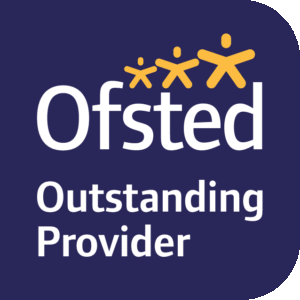
“You seek to identify any triggers which cause pupils to behave erratically and you work towards eliminating these.”

“Pupils make strides socially and emotionally.”

“Teachers consider
pupils’ emotional well-being deeply and give them space when they need to refocus.”

“An SEMH curriculum runs through the heart of your school.”

“Pupils talked to us about the way in which you
and your staff celebrate difference and help to make everyone feel valued.”

“Pupils told inspectors that they really value the way in which they feel respected at your school.”

“Once at school, the life coach works with
individuals to help them to deal with any anxieties that they may have.”

“Pupils are given chances to reflect upon this
through ‘life books’ where observations are made, and improvements praised.”

“Before coming to
school, you and other leaders work hard to understand the needs of individual
pupils.”

“A time of ‘reflection’ at the end of the
day allows pupils to consider how they have performed at school and helps them to focus on their attitudes and behaviours. ”

“Inspectors saw first-hand the way in which your staff spoke to pupils with compassion and respect.”

“Pupils at your school feel safe.”

“The most striking aspect of your school is the way in which you plan to support pupils’ individual needs.”

“Teachers and teaching assistants work hard to ensure that pupils are ‘nudged’ in the right direction in lessons.”

“All pupils benefit from targets to help them to develop their social and emotional skills and to build a level of resilience.”

“The systems and structures that you have put in place ensure that pupils feel safe at school.”

“Teaching at your school is characterised by positive relationships between members of staff and pupils.”

“In classrooms, pupils focus hard and respond well to any advice and guidance that is given to them.”

“Your school helps pupils to become
confident rounded young people.”

“Pupils welcome new arrivals with understanding and compassion.”

“A time of ‘reflection’ at the end of the
day allows pupils to consider how they have performed at school and helps them to focus on their attitudes and behaviours. ”

“The work of the
life coach can include one-to-one work in addition to positive thinking strategies,
mindfulness and aromatherapy.”

“Pupils value the way in which you and your
staff make everyone feel included.”

“Within classrooms, teachers reward positive behaviours consistently.”



